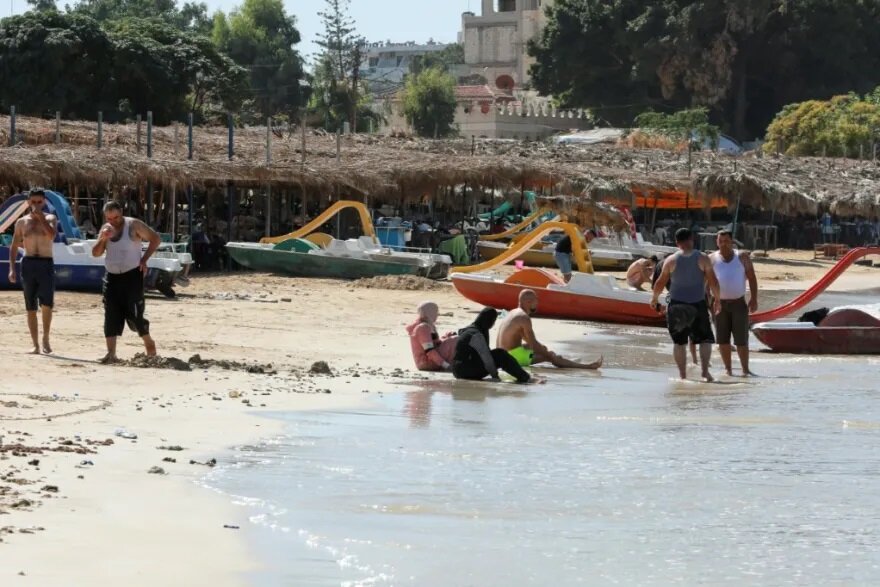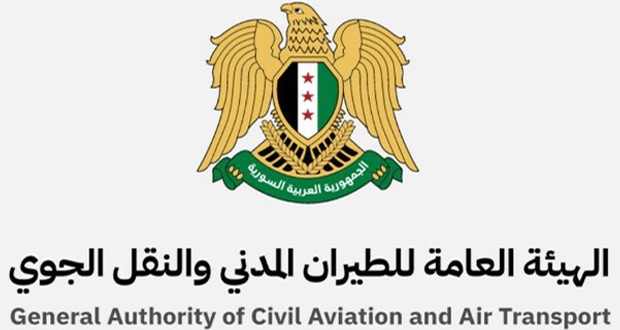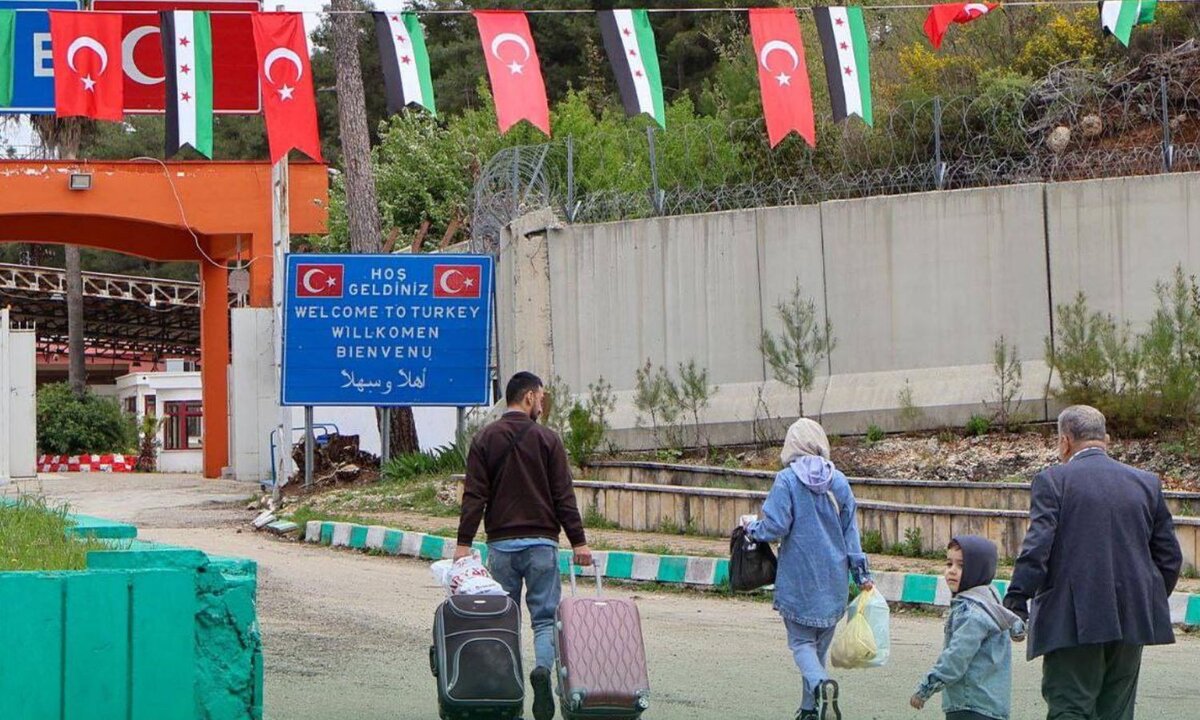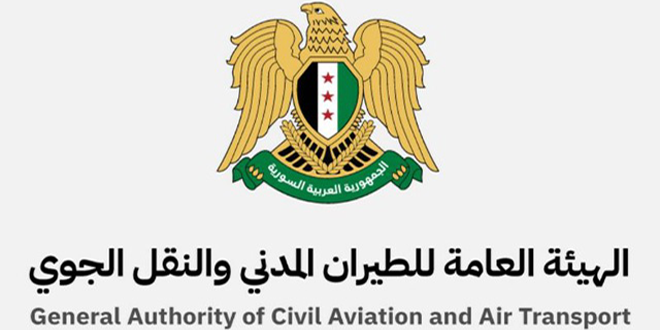أصدرت السلطات السورية الثلاثاء تعليمات جديدة تنظم قواعد اللباس في الشواطئ والمسابح العامة، مطالبة الزوار بارتداء ملابس "أكثر احتشاما".
وبحسب القرار، يُطلب من النساء ارتداء البوركيني أو "ملابس سباحة تغطي الجسم بشكل أكبر"، مع ارتداء رداء فضفاض عند التنقل خارج مناطق السباحة. كما يفرض على الرجال عدم الظهور مكشوفي الصدر خارج أماكن السباحة كالمطاعم أو بهو الفنادق.
ونشرت وزارة السياحة قرارا عبر منصاتها الرسمية تطلب فيه من السياح والزوار "الالتزام بارتداء ملابس سباحة مناسبة تراعي الذوق العام ومشاعر مختلف فئات المجتمع"، مع التشديد على "احترام التنوع الثقافي والديني في الجمهورية العربية السورية".
وتنص التعليمات أيضا على ضرورة ارتداء ملابس فضفاضة وتغطية الكتفين والركبتين، وعلى منع ارتداء الملابس "الشفافة أو الضيقة جدا".
ووضع القرار تعليمات "مخففة" للمنتجعات المصنفة من المستوى الدولي (أربع نجوم وما فوق) والأندية الخاصة، حيث "يسمح بملابس السباحة الغربية العادية ضمن حدود السلوك الحضاري والآداب العامة". ولا تنطبق هذه التعليمات المخففة على الفنادق والمنتجعات الخاصة دون الأربع النجوم.
ويُلزم القرار مستثمري ومالكي المنشآت السياحية بوضع الإرشادات الجديدة بشكل بارز في مواقع الشواطئ والمسابح، ومتابعة الالتزام بها، بما يشمل أوقات السباحة المسموح بها.
ولم توضح الوزارة آلية تطبيق التعليمات الجديدة أو العقوبات المفروضة في حال مخالفتها، غير أنها تأتي ضمن مجموعة مؤشرات على تعزيز دور الدين والتوجه المحافظ في المجال العام في سوريا بعد التغيير السياسي الذي شهدته عقب الإطاحة بنظام الرئيس السابق بشار الأسد.
وكانت الحكومة الانتقالية التي تولت السلطة في كانون الأول/ديسمبر قد شدّدت في مناسبات سابقة على نيتها "إعادة الاعتبار للقيم الاجتماعية" وتعزيز "الهوية الأخلاقية" للمجتمع، لا سيما في قطاعات التعليم والإعلام والسياحة.
وتزامنت هذه الإجراءات مع حوادث متفرقة شهدتها الأسابيع الماضية، تعرضت خلالها ملاه ليلية وأماكن سهر وغناء، "لاعتداءات فردية من قبل عناصر منفلته" وبعضها محسوب على السلطات الجديدة.
ويُعد الساحل السوري، الممتد على نحو 180 كيلومترا على البحر الأبيض المتوسط، وجهة مفضلة للسياحة الداخلية.
وفور انتشار القرار، انقسم رواد مواقع التواصل الاجتماعي بين مؤيدين له ومعارضين قالوا إنه "تقييد للحريات الشخصية" وتحدثوا عن قيود متزايدة على الحريات العامة بشكل عام.
سادت أجواء محتشمة على معظم الشواطئ العامة في سوريا حتى قبل صدور القرار، بفعل العرف الاجتماعي وليس القانون. وغالبا ما كان ارتداء ملابس السباحة الكاشفة، كالبكيني، يقتصر على المنتجعات الخاصة أو فنادق الخمس نجوم، بينما تلتزم الشواطئ الشعبية بلباس أكثر تحفظا إلا في ما ندر. (AFP)













